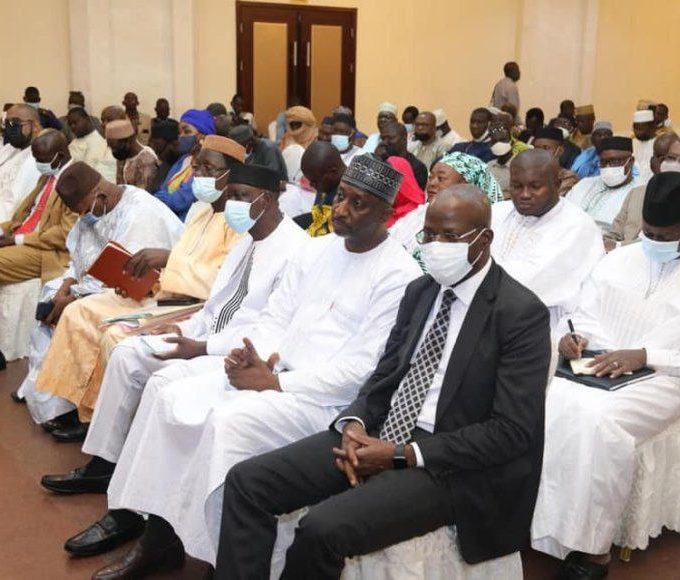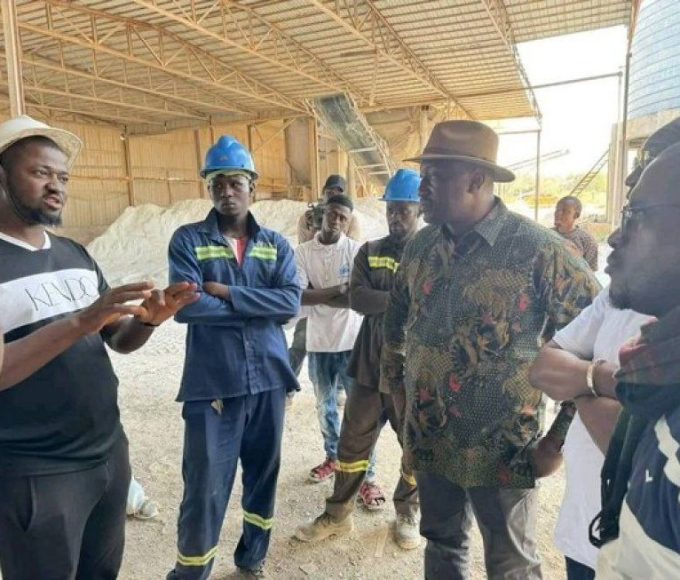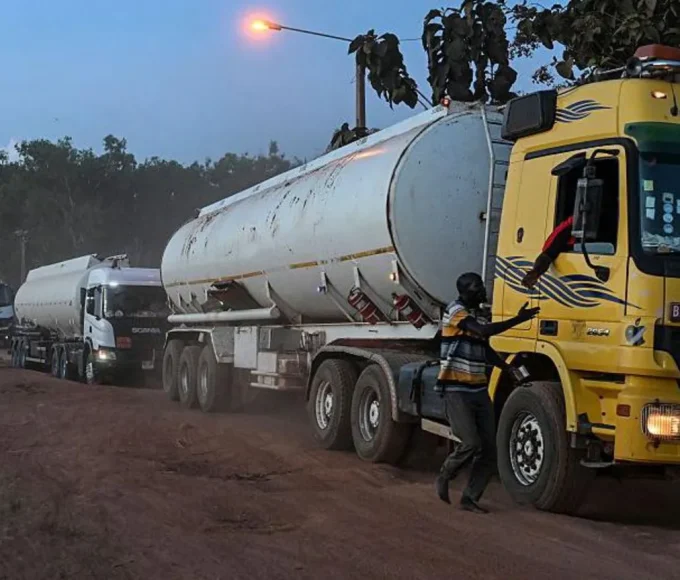
Nigerian Government Under Fire as NNPC Admits Refineries Still Down Despite Billions Spent

The Federal Government of Nigeria is facing criticism after the Nigerian National Petroleum Corporation (NNPC) admitted that the country’s three major refineries, Kaduna, Warri, and Port Harcourt, remain largely non-operational despite billions of naira spent on repair and rehabilitation efforts.
In a statement, the NNPC acknowledged ongoing technical and infrastructural challenges that have kept the refineries shut down or operating well below capacity. Ageing equipment, maintenance backlogs, and delayed rehabilitation projects were cited as the main reasons for the continued outages.
Billions Spent, Yet No Results
Reports estimate that about $18 billion has been spent on total rehabilitation efforts. Despite this massive financial outlay, the refineries continue to operate far below capacity or remain completely shut down, forcing Nigeria to depend heavily on imported refined petroleum products.
Many have criticised the handling of these fundsq, pointing to mismanagement, corruption, and a lack of transparency.
The massive investment should have brought these refineries back to life by now. Instead, Nigeria continues to import fuel at great cost, draining foreign reserves and worsening the burden on consumers.
Unclear Funding Sources and Growing Debt Concerns
While the Federal Government confirms the scale of spending, it remains unclear whether the funds came solely from government budgets or involved loans and credit facilities. Nigeria has historically funded infrastructure projects through a mix of budgetary allocations, borrowing, and private sector involvement. This lack of transparency has raised concerns about the sustainability of financing strategies and Nigeria’s increasing debt profile.
Dangote Voices Doubts Over Refineries’ Future
Adding to the controversy, Aliko Dangote, President of the Dangote Group, publicly questioned the viability of the state-owned refineries. Speaking during a visit by the Global CEO Africa delegation to the Dangote Petroleum Refinery, Dangote said he doubted that the refineries would ever operate effectively again despite the billions spent.
Dangote noted that his company once owned these refineries but returned them to the government due to a change in administration. He likened attempts to modernise the refineries to upgrading a 40-year-old car with new technology, implying that the core infrastructure may be beyond repair.
Former President Olusegun Obasanjo also criticised the management of the refineries, accusing the NNPC of continuing to pour funds into non-functional assets and calling for accountability for those responsible.
Legal Challenge Over Alleged Misuse of Funds
The situation worsened with the filing of a lawsuit by the Socio-Economic Rights and Accountability Project (SERAP) against the NNPCL. The lawsuit, filed at the Federal High Court in Lagos on July 11, 2025, alleges the misappropriation of over ₦825 billion and $2.5 billion earmarked for refinery repairs.
The legal action is based on the Auditor-General of the Federation’s 2021 audit report, which highlighted significant irregularities, including unaccounted withdrawals, diversion of crude oil proceeds, and unexplained deductions from oil-related accounts. SERAP is demanding a full accounting, recovery of missing funds, and prosecution of responsible parties.
This legal challenge has intensified calls for transparency and accountability in managing Nigeria’s oil revenues, further highlighting the failure to rehabilitate the nation’s refineries despite substantial financial commitments.
Impact on Fuel Supply and Economy
The failure to revive local refineries continues to hamper Nigeria’s fuel supply chain. Reliance on imported refined products exposes the country to global price volatility and foreign exchange pressure, leading to frequent fuel shortages and inflationary pressures throughout the economy.
Opposition figures and civil society organisations have urged the government to implement urgent reforms, improve financial oversight, and accelerate refinery rehabilitation to achieve energy self-sufficiency and economic stability.
In response to the growing criticism and legal pressure, the Ministry of Petroleum Resources and NNPC have pledged to prioritise refinery repairs, improve project transparency, and attract private investment. They have committed to providing regular updates on rehabilitation progress.
However, Nigerians remain sceptical, demanding concrete results and responsible use of funds to end the refinery crisis. The ongoing legal case may serve as a catalyst for more stringent oversight and reforms in the management of Nigeria’s critical oil infrastructure.
About The Author
Related Articles
Burkina Faso: President Traoré Grants Sentence Reductions to 963 Prisoners
Burkina Faso’s President, Captain Ibrahim Traoré, has approved sentence reductions for 963...
ByIkenna ChurchillJanuary 15, 2026Mali: Goïta Announces National Consultations on Political Party Reform in 2026
Mali’s transitional president, General Assimi Goïta, has announced plans to launch national...
ByWest Africa WeeklyJanuary 15, 2026Mali: Fresh Terrorist Attack Hits Industrial Sites in Bafoulabé
A new armed attack struck the Bafoulabé district in Mali’s Kayes region...
ByWest Africa WeeklyJanuary 15, 2026Niger Revokes Licences of Drivers Who Refused to Deliver Fuel to Mali Amid Jihadist Attacks
Niger has revoked the licences of dozens of transport operators and drivers...
ByWest Africa WeeklyJanuary 15, 2026












Leave a comment